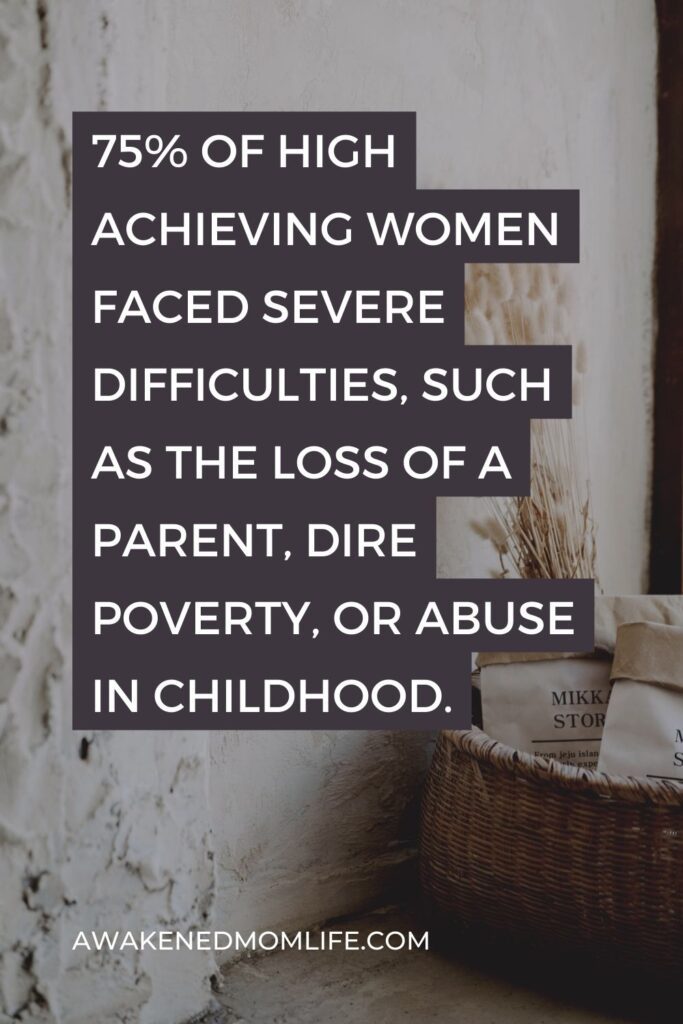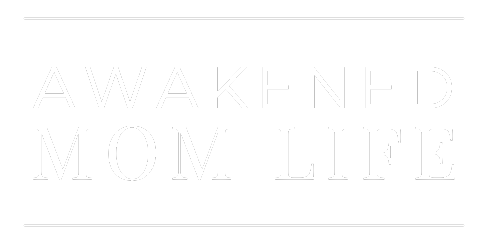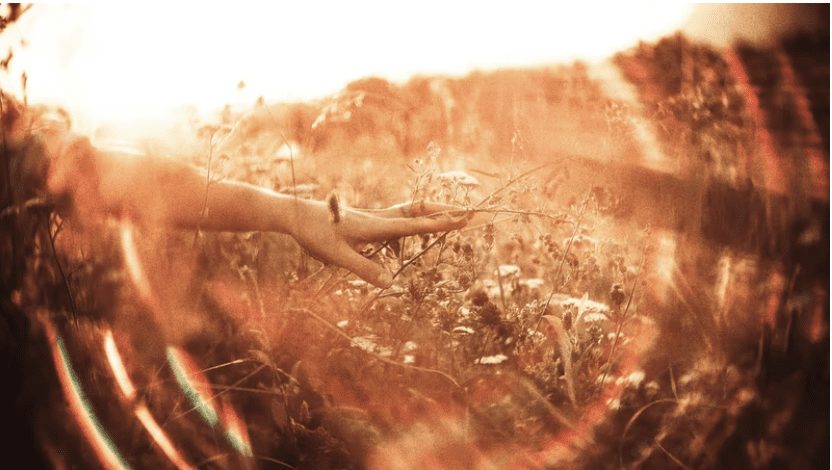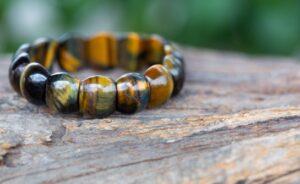So often we think of childhood abuse as overt neglect. It’s the stuff we see on TV or imagine in our worst nightmares. We think that since we weren’t routinely beaten to a pulp or deprived physical necessities, that we should be okay. Yet, you still feel a deep sense of dis-connect and maybe anger with your life, family and parent(s). For some reason you can’t seem to shake the unsettling feeling that something isn’t really right.
It’s time to really take another look at what childhood abuse looks like.
Childhood abuse can show up in so many ways. From abandonment, enmeshment, parent-child role reversal, verbal abuse, love-withdrawal, and many other forms of emotional abuse. The resulting trauma is very real and very difficult to understand if you aren’t even aware of it.
My depression started at a very early age. I knew I was different from everyone else, but I didn’t know why. My belief system was shaped by the terrible emotional and sometimes physical abuse I experienced from the beginning of my life. As an adult, this led to extreme imposter syndrome which grew worse as I became more successful.

Emotional abuse is abuse yet, is easily overlooked.
If you take anything away from this, I hope it will be that your pain is valid. Your feelings are valid. Just because you had a painful childhood doesn’t inherently make your parents bad. Yet, even if they are great people, that doesn’t negate your lived experience.
The first step to healing is to recognize and acknowledge how you actually feel. Cut the crap. Allow yourself to really embrace what you are feeling. Do you feeling angry? Resentful? Invisible?
My entire life I felt like I didn’t matter. I have wrestled with self-worth since I can remember.
Psychological abuse, also called emotional abuse, interferes with a child’s emotional growth and damages their self-worth. It’s much harder to detect versus other types of abuse but is just as damaging to a child. This was the pillar of my childhood.
Actually, if you are a high-achieving woman, odds are you experienced trauma early in life. Not always, but odds are high. According to a Wall Street Journal article by clinical psychologist Meg Jay, childhood trauma and exceptional achievement go together a lot more often than you might suspect. One study of 400 super high achievers, found that an incredible 75 percent of them had faced severe difficulties, such as the loss of a parent, dire poverty, or abuse in childhood.

What does this mean for you?
If you are struggling to find your place in the world and understand your purpose, you should consider evaluating how trauma has shown up in your life. Does it affect the way you make decisions and see yourself? As high-achievers, we often feel defined by our work and at some point we choose to re-evaluate this or we are forced to do so (e.g. laid off or fired).
Take some time to reflect on how you truly feel about your childhood and the lessons you were taught. Are there some core beliefs that you’d like to shift? In order to grow, you need to know where you have opportunities.














